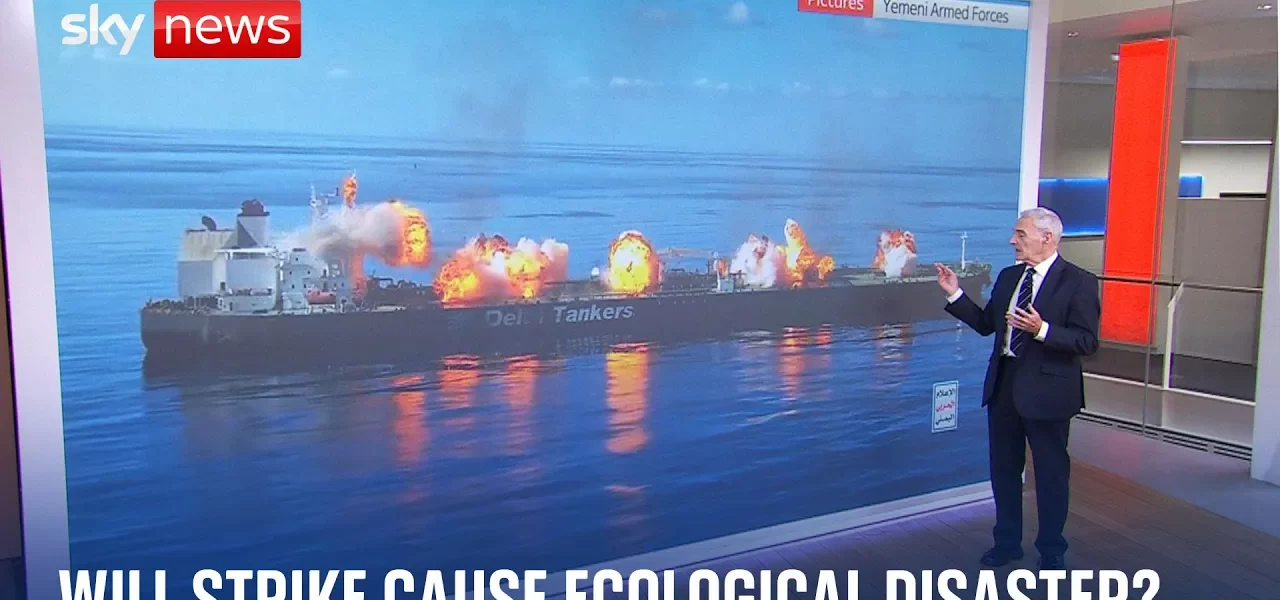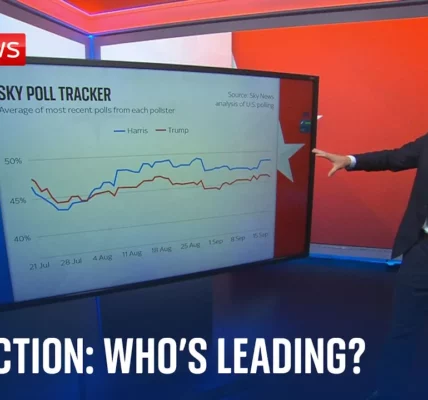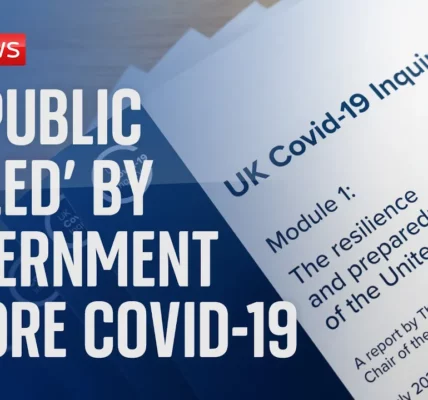The Tanker Sunan Crisis: An Ecological Disaster in the Making

As tensions rise in the region due to the Gaza crisis, the attack on the tanker Sunan highlights a looming ecological disaster in the Red Sea. This article explores the implications of this incident, the geopolitical context, and the potential environmental impact of the situation.
Introduction
The ongoing geopolitical tensions in the Middle East, exacerbated by the Gaza crisis, have drawn attention away from a significant ecological threat unfolding in the Red Sea. On August 21, the tanker Sunan was attacked by Houthi rebels, marking the beginning of a crisis that could have dire consequences for the marine environment. With the tanker carrying approximately 150,000 tons of oil—a staggering amount that exceeds previous oil spill disasters—this situation demands urgent attention and action to prevent a catastrophic spill.
The Attack on the Tanker Sunan
The attack on the Sunan was not a random act of aggression; it was a calculated move by Houthi rebels. This section delves into the details of the incident and its implications.
Details of the Attack
On August 21, the tanker Sunan was assaulted with machine guns and missiles. The crew, facing imminent danger, was successfully rescued by a French warship, which played a critical role in ensuring their safety. However, the tanker itself was left adrift, leading to a precarious situation.
Escalation of the Crisis
By August 23, Houthi forces boarded the Sunan and began to sabotage the vessel further, igniting fires and causing significant damage. The situation escalated when footage of the attack was released, showcasing the rebels’ actions and intentions. This slickly produced video emphasized the seriousness of the threat posed by the Houthis, drawing attention to the possibility of a massive ecological disaster.
The Environmental Threat
The ecological implications of the Sunan incident are alarming. The tanker is carrying a significant volume of oil, which could lead to one of the largest oil spills in history if not addressed promptly.
Potential Scale of the Disaster
The Sunan is loaded with approximately 1 million barrels of oil, dwarfing the 250,000 tons carried by the Exxon Valdez during its infamous spill in 1989. Such a spill could have devastating effects on marine life and coastal ecosystems.
Current Status of the Tanker
Recent satellite imagery has revealed 15 active fires aboard the Sunan, leading to a 4-kilometer oil slick trailing behind the vessel. The longer the tanker remains unattended, the higher the risk of it breaking up, blowing up, or leaking its contents into the Red Sea.
Ecological Consequences
- Destruction of marine habitats
- Threat to local fisheries and livelihoods
- Long-term pollution affecting biodiversity
- Impact on coastal communities dependent on clean waters
The Geopolitical Context
This incident cannot be viewed in isolation; it is deeply rooted in the geopolitical tensions of the region, primarily involving Iran and its influence over the Houthis.
Iran’s Role
While the Houthis are acting independently, they are backed by Iran, which has a vested interest in the ongoing conflict. The new Iranian president, a reformer, may influence how Iran addresses such aggressive actions by its proxies.
The Impact on Regional Politics
The attack on the Sunan could serve as a catalyst for change in Iran’s regional strategy. As the ecological disaster looms, it raises questions about the Houthis’ reckless behavior and its implications for Iranian foreign policy.
Consequences for Yemen
The people of Yemen stand to suffer the most from this potential ecological disaster. The conflict has already devastated their environment, and an oil spill would exacerbate the humanitarian crisis.
Conclusion
The crisis surrounding the tanker Sunan in the Red Sea is a stark reminder of the interconnectedness of geopolitical tensions and environmental safety. With a million barrels of oil at risk, the situation requires immediate international attention to prevent a catastrophic spill that could have long-lasting effects on the ecology of the region and the livelihoods of those who depend on it. It is imperative that action is taken to secure the tanker and mitigate the risks. We urge readers to stay informed about this situation and support efforts aimed at environmental preservation and conflict resolution.
“`




